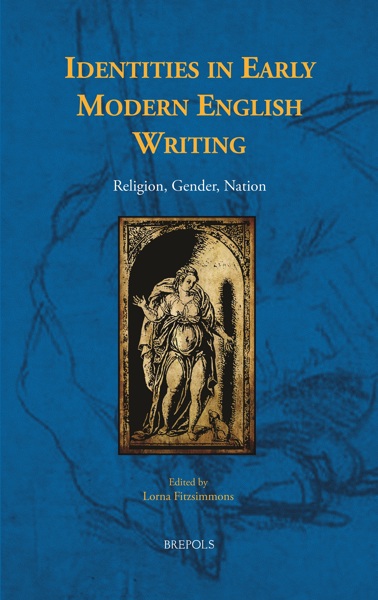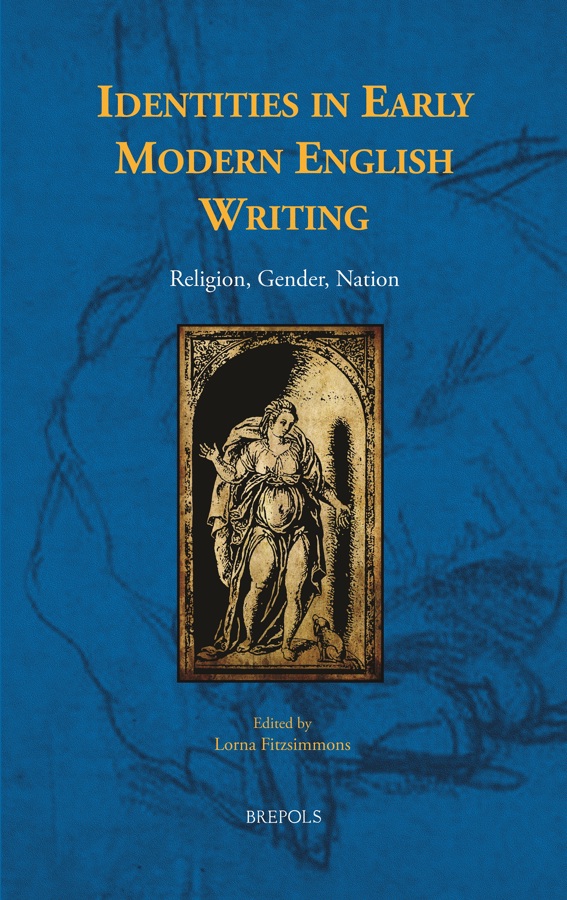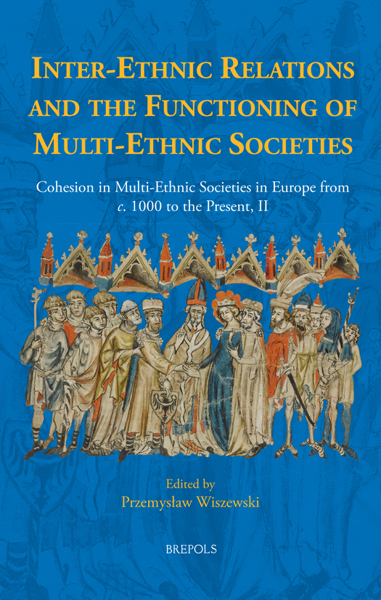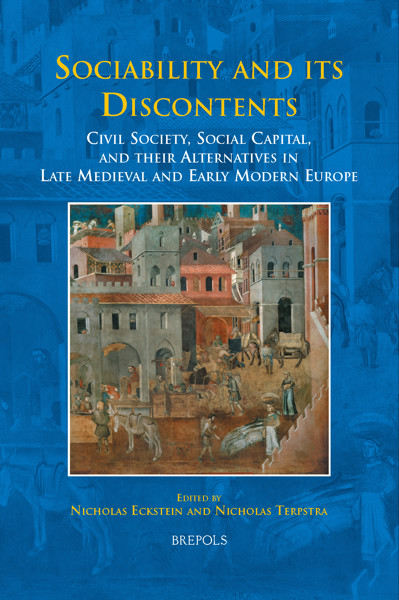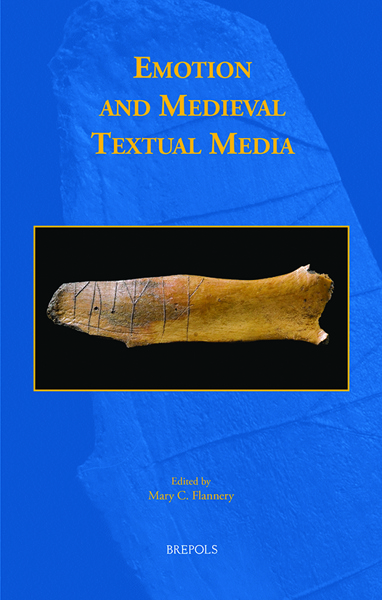
- Pages: 206 p.
- Size:156 x 234 mm
- Language(s):English
- Publication Year:2014
- € 90,00 EXCL. VAT RETAIL PRICE
- ISBN: 978-2-503-54231-7
- Hardback
- Available
- € 90,00 EXCL. VAT RETAIL PRICE
- ISBN: 978-2-503-55788-5
- E-book
- Available
An international and interdisciplinary collection on the representation of identity within early modern English writing, exploring themes such as women's writing, motherhood, religion, travel writing, and nationalism.
This collection of essays explores the representation of human identity in early modern English writing. The book engages with questions of identity conceived in literary, religious, social, and historical contexts. It addresses a number of important topics in early modern studies today: women’s writing, motherhood, religion, travel writing, and nationalism. Anne-Marie Strohman examines mother figures in the Old Arcadia and the New. Allyna E. Ward considers discourses of Tudor historiography in Anne Dowriche’s The French Historie. Marion Wynne-Davies discusses the representation of Ireland in the writings of Edmund Spenser and Elizabeth Cary. Ryan Hackenbracht turns to Hobbes’ Hebraism and the Last Judgment in Leviathan. Jayne Elisabeth Archer considers the manuscript remains of Lady Ann Fanshawe. Lisa Hopkins looks at theatrical representations of England’s empire in Europe. Anna Suranyi examines national identity in travel literature. From the intimacy of the mother-daughter relationship to the politics of national conflicts and international relations, the book broadens knowledge of the complexities of identity as represented in a selection of significant writings in English from the early modern period. Introduction by Lori Anne Ferrell; afterword by Mary Polito.
Introduction — LORI ANNE FERRELL
Mother and State: Sidney’s Arcadian Mothers — ANNE-MARIE STROHMAN
Writing against the Hegemonic Discourses of Tudor Historiography in Anne Dowriche’s The French Historie — ALLYNA E. WARD
A Cave of Despair and an Irish Mantle: Ireland in the Writings of Edmund Spenser and Elizabeth Cary — MARION WYNNE-DAVIES
Hobbes’ Hebraism and the Last Judgment in Leviathan — RYAN HACKENBRACHT
‘An offering to her memory’: Healing, Motherhood, and Identity in the Manuscript Remains of
Lady Ann Fanshawe — JAYNE ELISABETH ARCHER
England’s Empire in Europe — LISA HOPKINS
An ‘ardent love of my countrey’: Travel Literature and National Identity in Early Modern England — ANNA SURANYI
Afterword — MARY POLITO
Index
